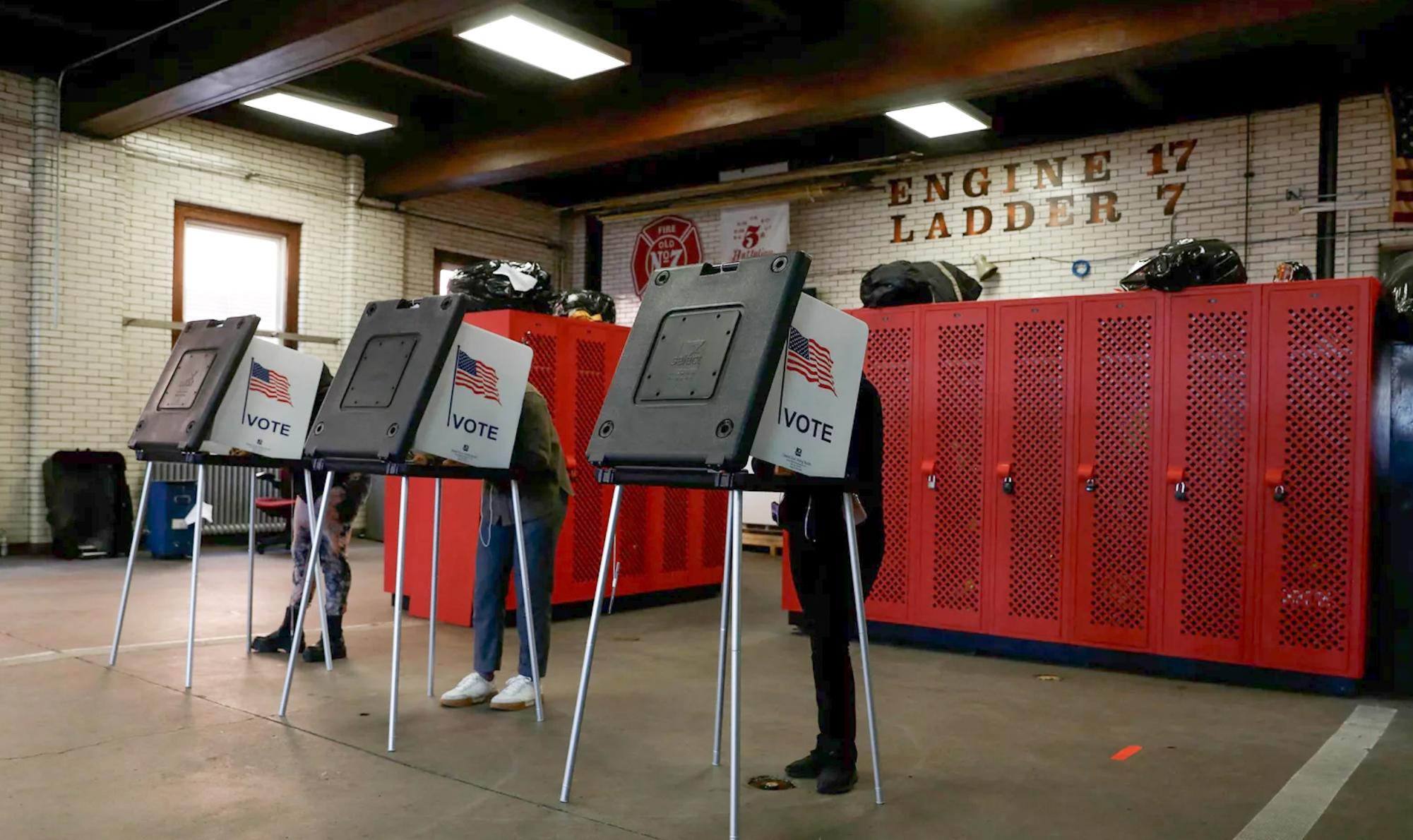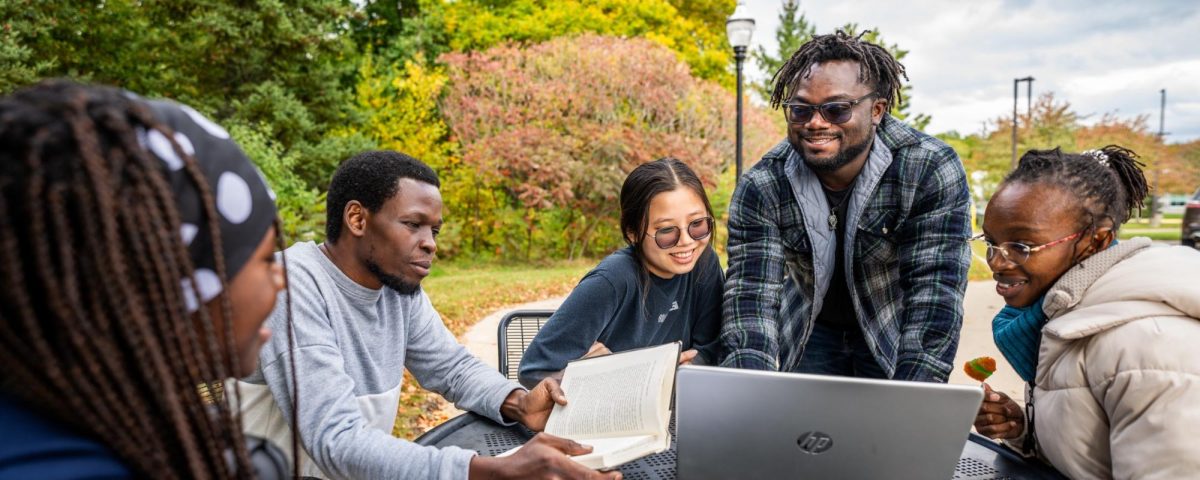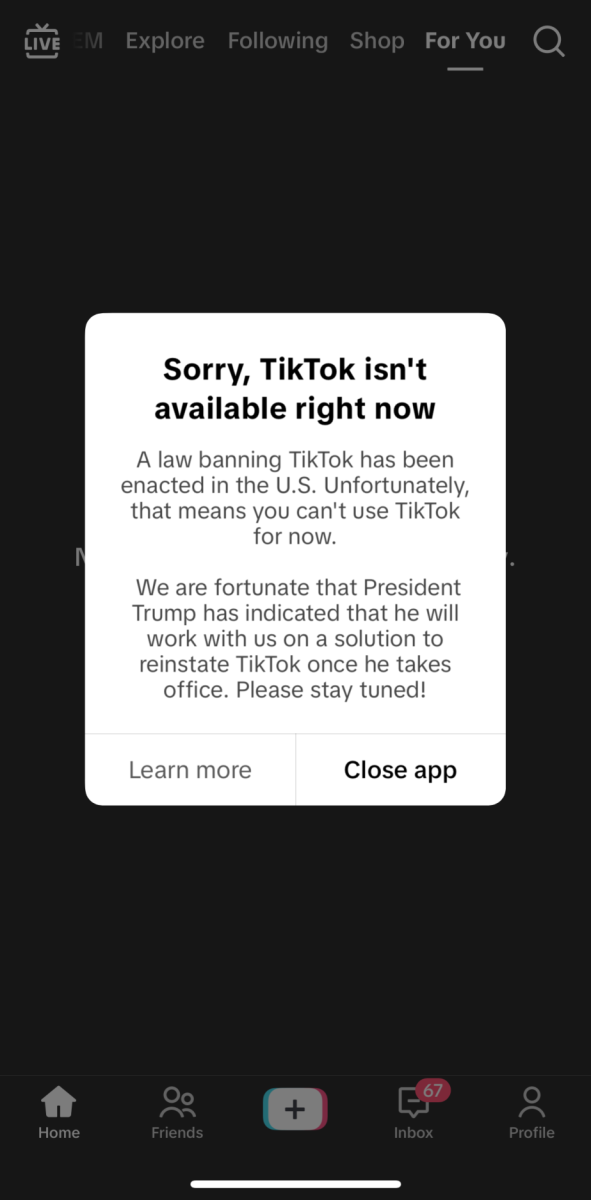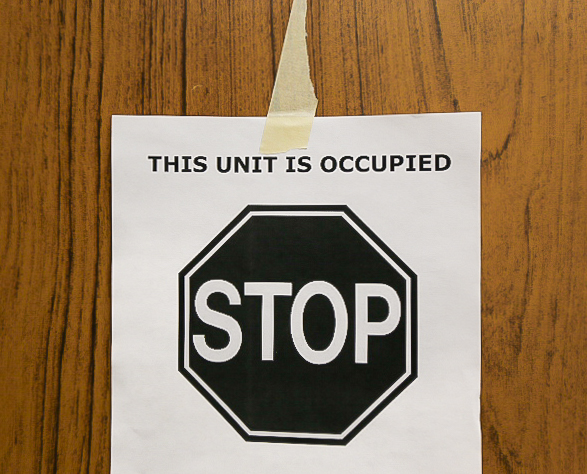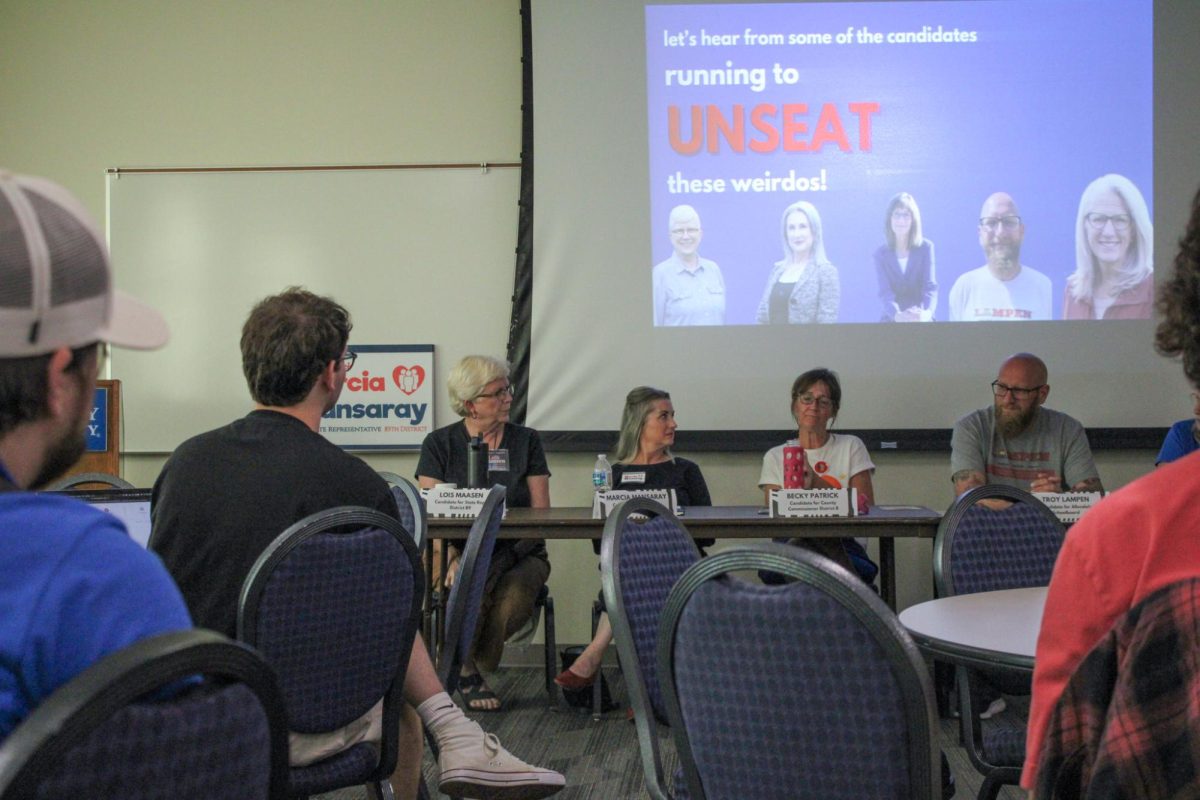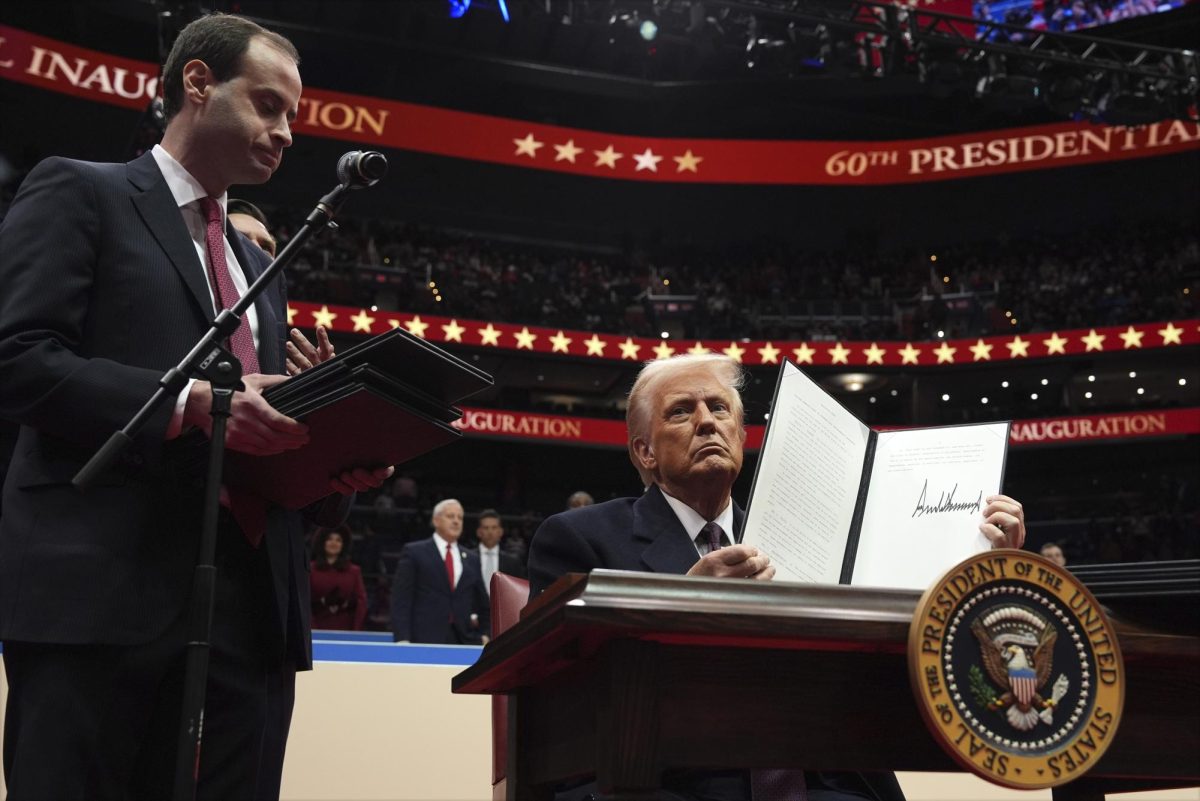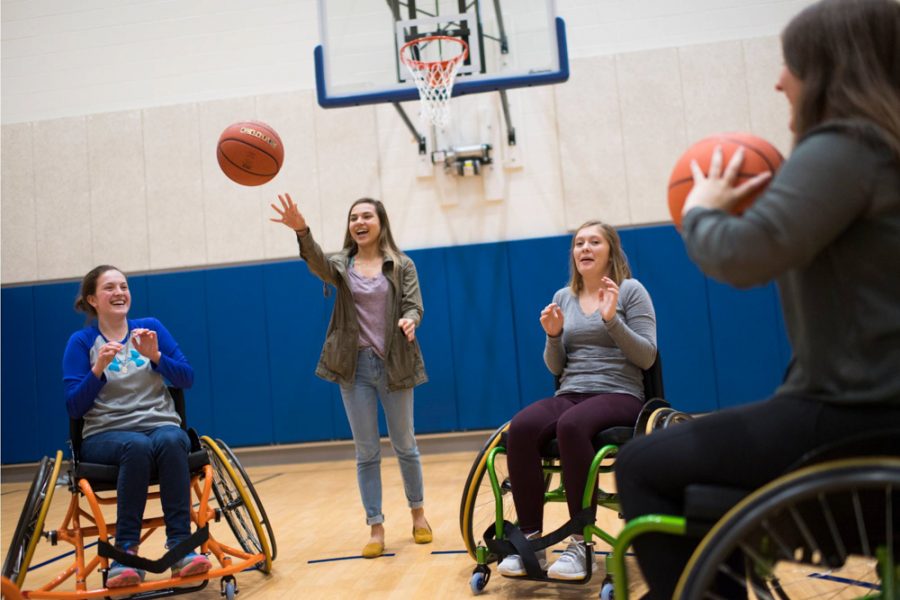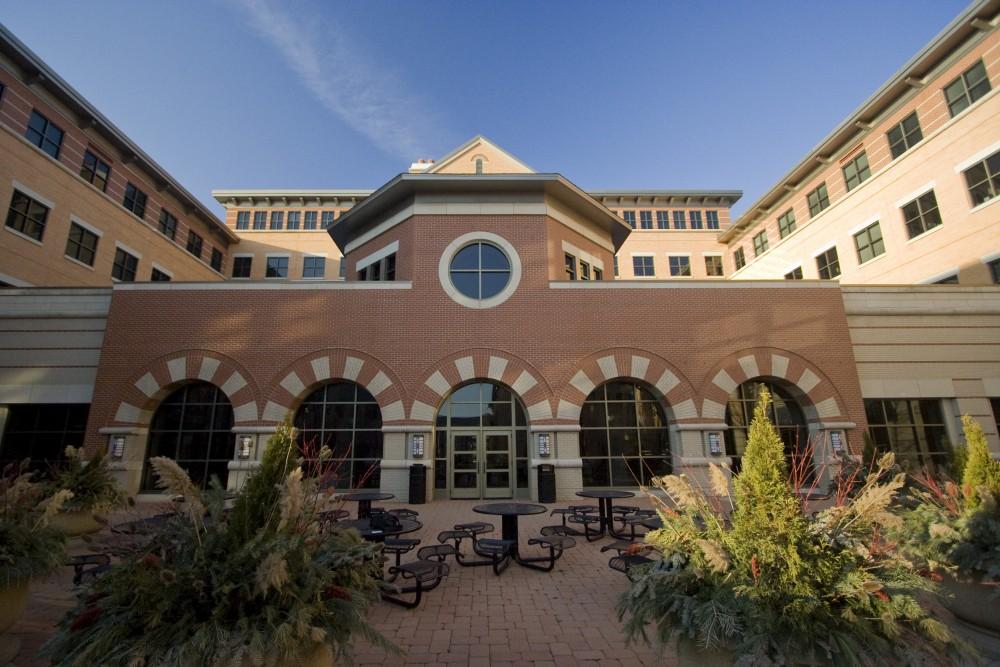Michigan is due to follow suit to states that allow prison inmates to be registered for voting upon their release. This comes after Gov. Gretchen Whitmer signed House Bill 4983, which paves the way for felony convicts to register to vote upon completion of their sentence and legal obligations.
This goes against the traditional practice in the U.S. of not allowing felons to vote. Giving felons a road back to participating in elections is a hopeful vision for some, but others are critical of the state’s decision.
This new process of registering inmates to vote would mostly be carried out upon release, with each inmate receiving a letter in the mail dictating how and where to register to vote, outlining steps that must be completed in order to do so.
Manu Grand Valley State University alumni and current students are in favor of the allowance, as long as inmates have been properly rehabilitated and paid their debts to society.
Morgan Weststrate a film major at GVSU, is in favor of the move.
“As a whole I feel like we make it very hard for former inmates to re-enter society,” Weststrate said. “Giving them the opportunity to vote would help give some former inmates a voice as they transition back into society.”
In terms of what impact this new legislation may have, Weststrate is unsure if it will have a large difference.
“I don’t think registering inmates to vote would cause a major change,” Weststrate said. “It might cause a slight slide but not enough to really cause a disruption.”
David Archambault, a GVSU alum, feels the shift could particular favor Democratic administrations.
“My hunch is it would favor Democrats (or) liberal parties,” Archambault said. “They are (generally) softer on prosecution.”
Similarly, GVSU student Nikolas Tompkins feels some former inmates may have democratic political leanings.
“I haven’t researched this issue, but I would assume that many inmates would lean more left,” Tompkins said. “This is due to the fact that approximately 44% of all American inmates are in there for drug related offenses; and since decriminalizing drugs and reducing drug charges is something many democratic candidates are pushing for, it wouldn’t shock me that this would be a heavy influence on these inmates.”
Even though Archambault thinks the inmates might reward the party that re-enfranchised them, he still thinks it’s their right to do so, especially if they have fulfilled the obligations of their sentences.
“In general if their debt is paid and time served that is the end of their punishment. The judgment should have a redemptive result,” Archambault said.
Archambault sees the return of their right to vote as a fair result of their newfound freedom. Still, he believes this right can only be granted after the sentence is served and not a second before. However, incarcerated individuals in Vermont and Maine maintain voting rights while in prison.
“A judge and jury has decided that you have to pay a debt to society and to be in prison because you violated the law in some way,” Archambault said. “It doesn’t make much sense to vote and be a part of society when you have been judiciously removed from society.”
GVSU student Caleb Pratt echoed this sentiment and said there is only really one crime that should take away an inmate’s right to vote.
“Every American citizen should be able to vote, unless convicted for crimes involving voter’s fraud,” Pratt said.
Tompkins had a similar feelings relating to voting restrictions. He stretched his opinion to include anyone who has betrayed the country and their own citizenship.
“I think the only people who should not be allowed to vote are those who have committed treason against our nation,” Tompkins said. “If you live in this country (legally or not), you are affected by the laws and politicians who are elected into office, hence you should have a say in who and what will affect your life.”
For many inmates, this new bill may represent a beacon of hope. It may offer them a semblance of a return to normalcy by giving them back some of the control and independence they lost when they were incarcerated.


